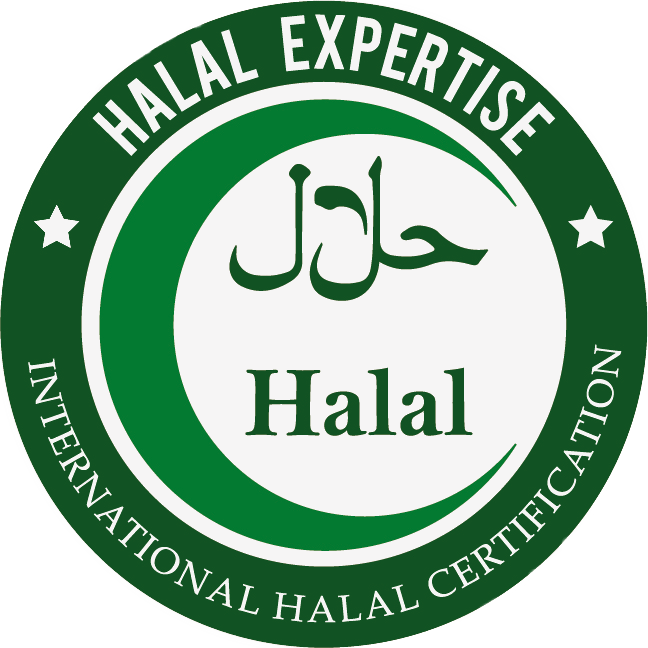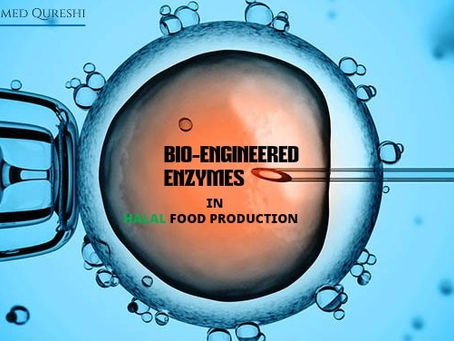Surimi is a minced fish paste, made from a cheap fish in abundant supply, usually Alaskan pollock, frequently mixed with sugar and sorbitol, a sweetener. The paste is combined with other varieties of fish and fish flavorings, preservatives such as sodium tripolyphosphate and binders such as wheat flour or egg white, and then restructured and colored to look like higher- priced crab, scallops, shrimp or lobster.
General guidelines for processing fish and seafood consist of maintaining the identity of the product and not using any prohibited ingredients during processing. The guidelines also include not using equipment that has been used for Haram products. Products such as fish fillets, fish sticks, fish patties, and other battered and breaded products must not contain any Haram or doubtful ingredients.
It is common practice to extract flavors and manufacture ingredients from fish and seafood for use in non-seafood products. Because there is a large difference in the acceptability of fish and seafood among different Muslim consumers in various countries, it is advisable to learn the market requirements in a particular country before shipping any seafood products or flavors.
Some people do not consume real seafood, such as lobster tails and crab legs, either due to religious prohibitions or personal inhibitions, but eat imitation products. Imitation seafood products are generally made with surimi. Surimi is made from bland species of fish such as pollock. Imitation seafood products are flavored with natural and artificial flavors and texturized by using different stabilizing agents. The ingredients used in the preparation of imitation seafood products must conform to the general guidelines for halal products; that is, that they must not contain ingredients of Haram animal origin or alcohol or any doubtful materials. Processing of surimi for manufacturing imitation seafood products is a unique process.
Halal Control Points in Surimi Production
The processing of surimi is rather simple. Animals and fish caught with target fish are removed, and rest of the fish is processed by washing, de-heading, eviscerating, sometimes filleting, mincing, washing the minced meat several times, rewashing and squeezing the excess water and soluble proteins out, blending with stabilizers and cryoprotectants, and packing in boxes and freezing for further processing. There are only three halal control points (HCPs):
HCP-1:
This involves removal of non-targeted animals, which are removed anyway in the process because surimi cannot be made out of crab, shellfish, or turtles.
HCP-2:
This involves addition of stabilizers and cryoprotectants. Several ingredients such as sugar, sorbitol, calcium products, phosphates, egg whites, gelatin, blood plasma proteins, transglutaminase, or other binders and gums are used. If gelatin is used in surimi production, it should be Halal bovine or fish gelatin. Similarly, any of the novel ingredients used in surimi production must also meet Halal requirements.
HCP-3:
Finally, surimi should be packed in clean suitable Halal packing materials and labelled properly and identified with Halal markings.




